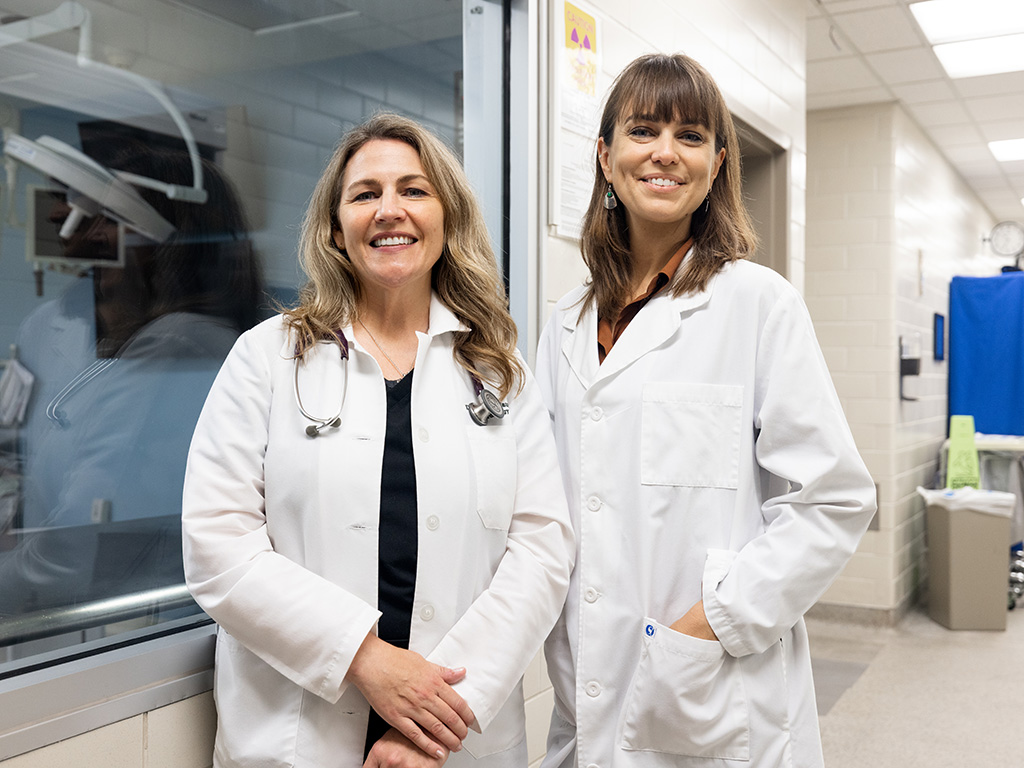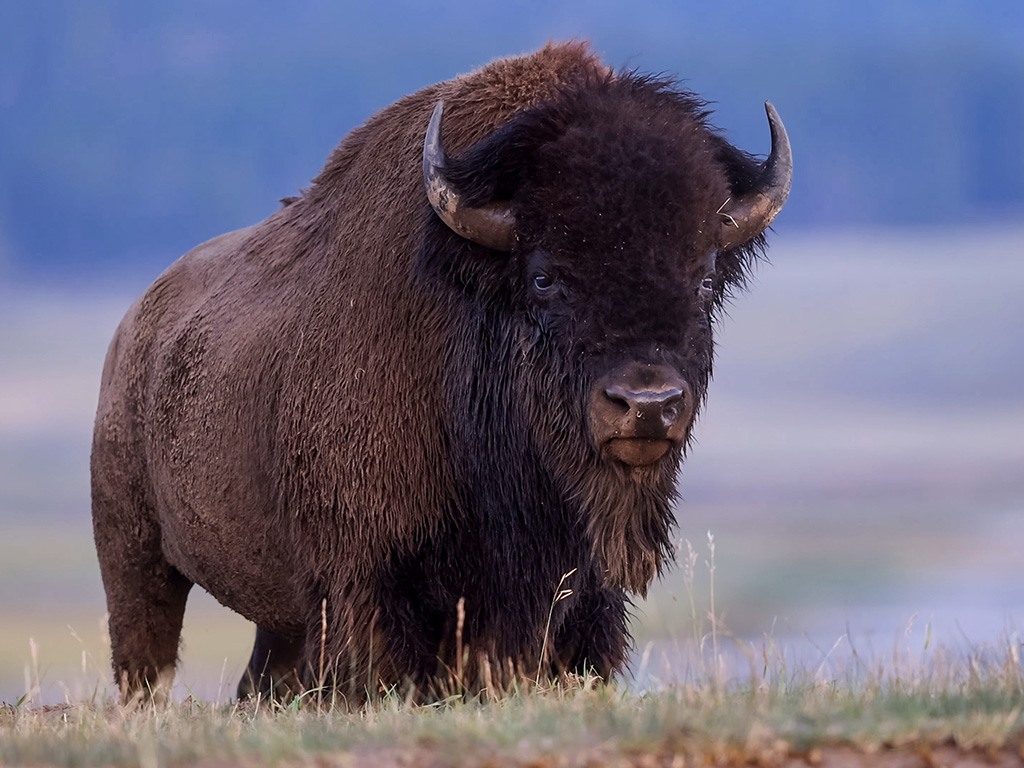VTPB
Texas A&M Pathology Team Earns National Awards
Faculty, students, and residents from the Texas A&M College of Veterinary Medicine & Biomedical Sciences’ (VMBS) Department of Veterinary Pathobiology (VTPB) brought home several awards from two national veterinary meetings this fall. VTPB was well-represented at both the American College of Veterinary Pathologists (ACVP) annual meeting, held in New Orleans from Oct. 25-28, and the […]
Researchers Urge For U.S. Recognition Of Chagas As Endemic
Perspective article warns that underestimating Chagas’ threat risks diagnosis time, treatment, and surveillance. Texas A&M University, the University of Florida, and the Texas Department of State Health Services researchers say the time is now to recognize Chagas disease as endemic in the U.S. The multi-institutional team’s perspective article, published in the Centers for Disease Control […]
Millions of Human Malaria Diagnoses May Actually Be Brucellosis, Texas A&M Researchers Find
Brucellosis is a serious and often neglected disease endemic to many low- and middle-income countries around the world. Because it shares many of the same clinical symptoms as malaria — including fever and joint pain — it can be misdiagnosed. Until recently, scientists have not known how often brucellosis is mistaken for malaria or other […]
Drug-Resistant Parasites Are Common In Ranched Bison, Texas A&M Researchers Find
Parasitic worms are a pervasive problem in United States agriculture, affecting large and small ruminants such as sheep, goats, and cattle. These worms — also called gastrointestinal nematodes or roundworms — feed on their host, weakening the animals’ immune system and, in certain cases, causing death. Drug resistance in parasites has become increasingly problematic for […]
Research Collaboration Discovers Medical Use For Chewing Gum Sweetener
A sweetener commonly found in chewing gum can replace toxic additives in hydrogels used to diagnose and treat a variety of medical conditions. Imagine treating chronic illness not with pills, but with soft, flexible electronic implants seamlessly integrated into the body. The materials for such implants already exist — they just needed a sweet touch. […]
Human Clinical Trial Begins For Texas A&M-Discovered Drug To Treat Angelman Syndrome
Developed by biopharmaceutical company Ultragenyx, GTX-102 is the first clinically developed drug targeting the genetic causes of Angelman syndrome rather than symptoms. The first therapeutic drug for Angelman syndrome (AS) — discovered by Texas A&M researchers — has begun human trials, bringing it one step closer to potentially becoming available to patients. GTX-102 was discovered […]
Research Collaboration Takes ‘One Health’ Approach To Study Chagas Disease Exposure, Treatment Effectiveness
Supported by almost $4 million in new funding, researchers in the Texas A&M College of Veterinary Medicine & Biomedical Sciences and University of Georgia are working to develop interventions that will impact both canine and human health. A team of researchers at Texas A&M University and the University of Georgia (UGA) has received more than […]
VMBS Professors Named EDGES Fellows For High-Impact Contributions
Drs. Sarah Hamer and Jan Suchodolski, faculty members at the Texas A&M College of Veterinary Medicine & Biomedical Sciences (VMBS), are among 17 individuals across the university who have been named 2025 Chancellor Enhancing Development and Generating Excellence in Scholarship (EDGES) Fellows by The Texas A&M University System. Launched in 2019, EDGES Fellowships were developed […]
Texas A&M Study: After 120 Years Of Conservation Efforts, Yellowstone Bison Are A Single Breeding Population
Once consisting of two unique herds, researchers believe the Yellowstone bison herds should now be managed as one interbreeding population. Researchers from the Texas A&M College of Veterinary Medicine & Biomedical Sciences (VMBS) have discovered that bison in Yellowstone National Park — the only group of American bison that has continually existed as wildlife in […]
Texas A&M Researcher Compares AI, Human Evaluators In Swine Medicine
A Texas A&M Veterinary Education, Research, & Outreach (VERO) program-led research team is studying whether artificial intelligence (AI) could play a supportive role in the evaluation of respiratory disease in pigs. In their recently published study, the team, led by Dr. Robert Valeris-Chacin, an assistant professor at VERO in the Texas A&M College of Veterinary […]












